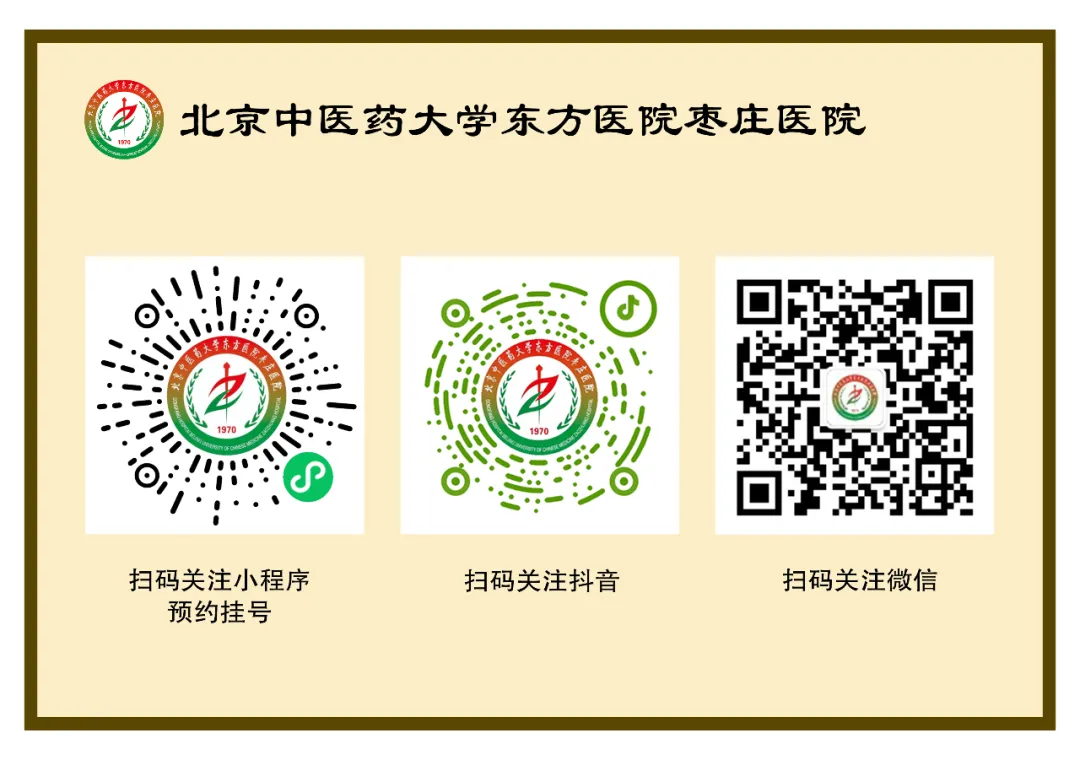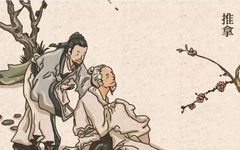 Tuina, also known as massage, is a manual therapy method in Traditional Chinese Medicine (TCM) that can be used not only for preventive health care but also for disease treatment and functional rehabilitation. Unlike medications, tuina does not have side effects and has a wide range of indications, covering various clinical diseases, primarily focusing on orthopedics, internal medicine, gynecology, pediatrics, and otorhinolaryngology.
Tuina, also known as massage, is a manual therapy method in Traditional Chinese Medicine (TCM) that can be used not only for preventive health care but also for disease treatment and functional rehabilitation. Unlike medications, tuina does not have side effects and has a wide range of indications, covering various clinical diseases, primarily focusing on orthopedics, internal medicine, gynecology, pediatrics, and otorhinolaryngology.
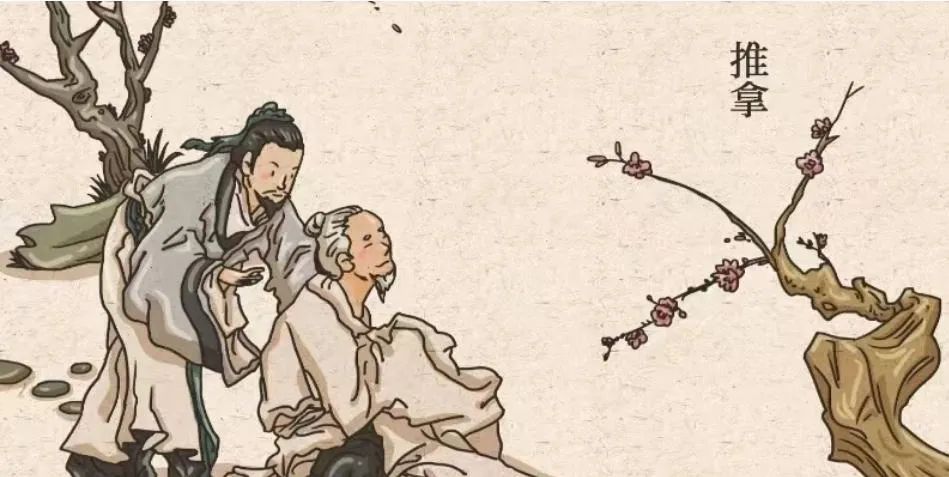
1. Orthopedic diseases: including cervical spondylosis, lumbar disc herniation, joint sprains, joint disorders, arthritis, shoulder periarthritis, tennis elbow, carpal tunnel syndrome, ankylosing spondylitis, etc.2. Internal medicine diseases: such as gastric pain, constipation, diarrhea, colds, cough, asthma, hypertension, coronary heart disease, dizziness, insomnia, sequelae of stroke, facial paralysis, impotence, etc.3. Gynecological and obstetric diseases: such as menstrual irregularities, primary dysmenorrhea, perimenopausal syndrome, postpartum insufficient lactation, mastitis, postpartum low back pain, etc.4. Pediatric diseases: such as muscular torticollis, cerebral palsy, scoliosis, anorexia, vomiting, malnutrition, diarrhea, constipation, enuresis, night crying, fever, cough, attention deficit hyperactivity disorder (ADHD), tic disorders, etc.5. Otorhinolaryngological diseases: such as myopia, tinnitus, rhinitis, chronic pharyngitis, facial nerve inflammation, etc.

Introduction to the Tuina Department
The Tuina department currently has 11 physicians, including 4 senior title holders, 4 mid-level title holders, 2 master’s degree holders, and 2 discipline leaders. Dr. Zheng Ruwen, a medical doctor from Beijing University of Chinese Medicine’s acupuncture department, and Dr. Geng Nan, a medical doctor from the Tuina department, are both long-term attending physicians. The department also specializes in treating neck, shoulder, waist, and leg pain, dizziness, sequelae of stroke, and tinnitus through acupuncture and tuina.
In treating spinal-related diseases through spinal manipulation, and comprehensively applying techniques such as ordinary acupuncture, tuina, abdominal acupuncture, floating needle therapy, Dong’s special points, Yin-Yang nine needles, umbilical acupuncture, wrist and ankle acupuncture, small needle knife, moxibustion, umbilical moxibustion, warm acupuncture, heat-sensitive moxibustion, acupoint application, bloodletting, guasha, cupping, and TCM directional drug delivery, we achieve significant effects in treating neurological diseases (sequelae of stroke, facial paralysis, trigeminal neuralgia, facial muscle spasms), musculoskeletal diseases (neck, shoulder, waist, and leg pain, thoracic back pain, acute lumbar sprain, stiff neck, tennis elbow, tenosynovitis, fasciitis, heel pain, ankle sprains), otorhinolaryngological diseases (neurogenic tinnitus, sudden deafness, rhinitis), endocrine diseases (obesity), urogenital diseases (prostatitis, dysmenorrhea, menstrual irregularities, postpartum complications), immune-related diseases (ankylosing spondylitis), digestive diseases (hiccups, acute and chronic colitis, constipation, diarrhea, acute and chronic gastritis, indigestion), and psychosomatic diseases (chronic fatigue syndrome, depression, insomnia), achieving leading levels in the city.

Department’s Special Therapies and Advantageous Diseases
1. Osteopathy and spinal manipulation: using techniques such as Luo’s osteopathy, Long’s osteopathy, and Feng’s rotational repositioning to treat atlantoaxial joint subluxation, intervertebral disc herniation, scoliosis, and spinal facet joint disorders, as well as pelvic misalignment and temporomandibular joint disorders.2. Abdominal acupuncture and micro-needle qi regulation: using micro-needling at the Dazhu point combined with abdominal acupuncture to treat neck, shoulder, waist, and leg pain, dizziness, facial paralysis, insomnia, shoulder periarthritis, menopausal syndrome, menstrual irregularities, dysmenorrhea, and postpartum pain.3. Floating needle therapy: using the theory of qi and blood to treat neck pain, shoulder pain, tennis elbow, low back pain, knee pain, fasciitis, ankle sprains, and heel pain.4. Dong’s special points and Yin-Yang nine needles: achieving immediate effects in treating musculoskeletal pain; using the theory of five elements and organ correspondence to select acupoints for treating tinnitus and deafness with significant efficacy.5. Vibrational abdominal tuina: treating anxiety, depression, insomnia, sub-health states, as well as gastrointestinal functional diseases such as gastric pain, bloating, diarrhea, and constipation. Consultation and Appointment Contact Numbers: Tuina Outpatient: 3068053Tuina Ward: 3068606, 3068616

Introduction to Our Experts
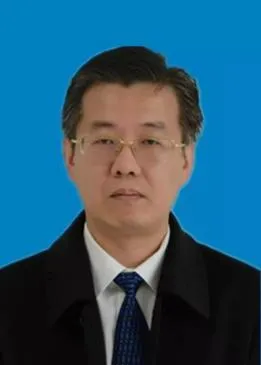
Ma Tao, head of the Tuina department, associate chief physician, executive member of the Expert Committee of the International Acupuncture and Classic Formulas Forum of the Chinese Association of Traditional Chinese Medicine, director of the Shandong Acupuncture Society, executive member of the Shandong Tuina Professional Committee, vice president of the Zaozhuang Acupuncture Society, director of the Zaozhuang Tuina Quality Control Center, and an outstanding physician in Zaozhuang City, recognized as one of the “Top Ten Doctors” and “Top Ten Medical Workers” of the Zaozhuang Traditional Chinese Medicine Hospital. He specializes in acupuncture and spinal manipulation therapy for spinal-related diseases. Consultation Hours: Monday to Friday all day Consultation Location: 7th Floor, Tuina Department, Rehabilitation Building, Phase II, New City Hospital Contact Number: 15966751222
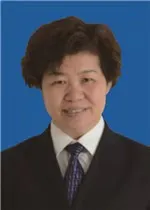
Jiang Xiangping, re-employed expert, associate chief physician, skilled in using traditional body acupuncture, “Awakening the Brain” acupuncture method, abdominal acupuncture, micro-needle qi regulation, umbilical acupuncture, micro-needle strong conduction acupuncture, Dong’s special points, Yin-Yang nine needles, wrist and ankle acupuncture, and other therapies. Proficient in treating common and difficult diseases in acupuncture, gynecology, internal medicine, otorhinolaryngology, urology, and spleen-stomach diseases. Consultation Hours: Tuesday morning, Thursday morning Consultation Location: 7th Floor, Tuina Department, Rehabilitation Building, Phase II, New City Hospital
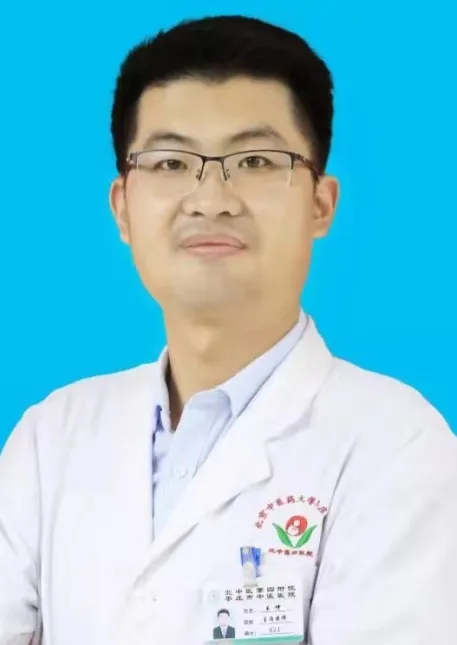
Wang Kun, deputy director of the Tuina department, attending physician, trained under Yang Dianhui of the Shandong Provincial Hospital’s acupuncture department in “Ear Acupuncture Comprehensive Therapy” for treating migraines, and under Cui Huafeng, chairman of the Shandong Floating Needle Professional Committee, learning “Floating Needle Therapy” for treating tendon diseases. Proficient in using traditional body acupuncture, Dong’s special points, abdominal acupuncture, and floating needle therapy to treat tinnitus, facial paralysis, facial muscle spasms, cervical spondylosis, dizziness, lumbar diseases, stiff neck, shoulder periarthritis, tennis elbow, knee osteoarthritis, ankle sprains, and heel pain. Consultation Hours: Monday to Friday all day Consultation Location: 7th Floor, Tuina Department, Rehabilitation Building, Phase II, New City Hospital Contact Number: 18265255617
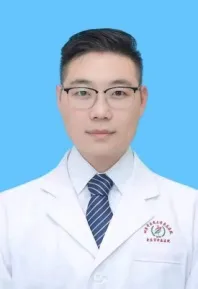
Miao Yifa, attending physician, master’s degree holder, trained under Professor Wen Hong, a renowned physician in Shanxi Province, skilled in traditional acupuncture, fire needling, abdominal acupuncture, tuina, and herbal treatment for pain-related diseases of the neck, shoulder, waist, and legs; trained under Professor Fu Guobing, the inheritor of the “Imperial Tuina School” in Beijing, learning “Vibrational Abdominal Tuina” to treat anxiety, depression, insomnia, and sub-health states, as well as gastrointestinal functional diseases such as gastric pain, bloating, diarrhea, and constipation, characterized by being green, safe, painless, and highly effective. Consultation Hours: Monday to Friday all day Consultation Location: 7th Floor, Tuina Department, Rehabilitation Building, Phase II, New City Hospital Contact Number: 18206535520
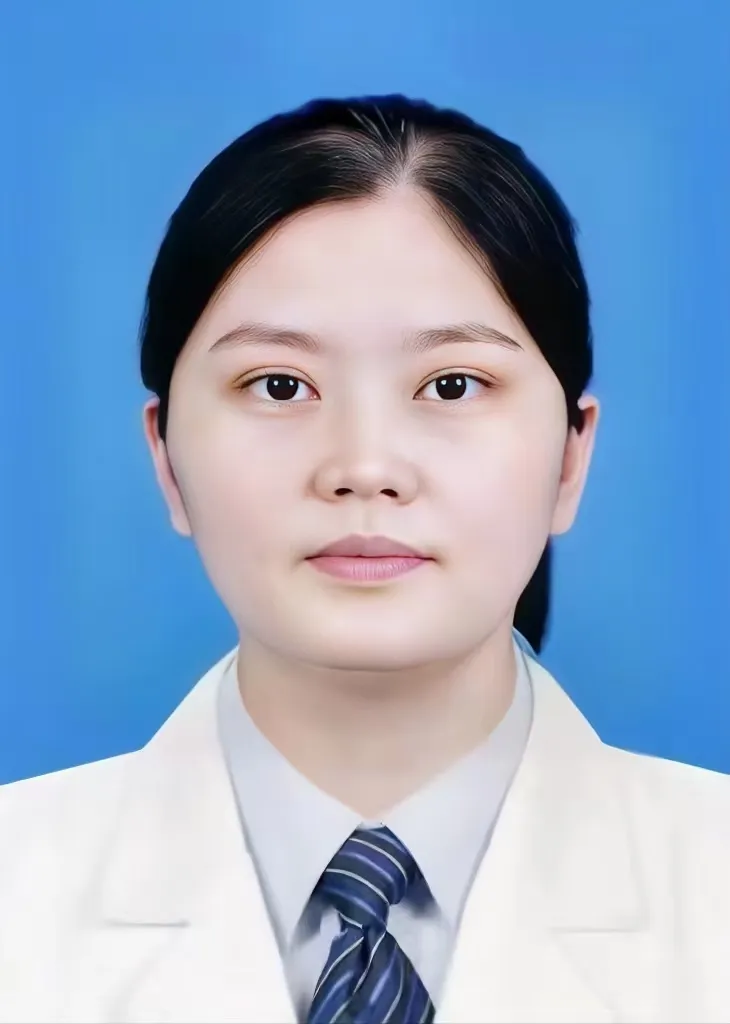
Yang Zhichun, attending physician, skilled in treating various pain syndromes, internal diseases, gynecological diseases, and sub-health conditions through acupuncture, tuina, moxibustion, and other methods; such as neck, shoulder, waist, and leg pain, stiff neck, facial nerve inflammation, gastric pain, menstrual irregularities, and insomnia.
Illustration by Li Cui
Editor: Chen Baicheng
Review: Kang Benrong
